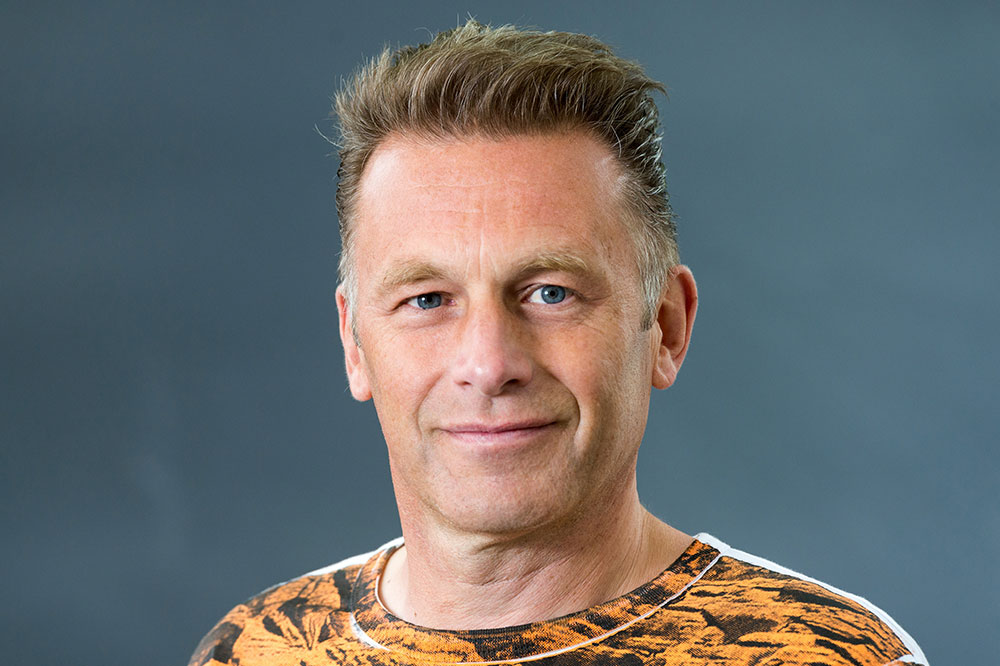If the broadcaster and eco-warrior Chris Packham describes something as ‘an act of war against life on Earth’, sensible people might suspect that it’s probably, on balance, a good thing. Such is the case with the Rosebank field – the UK’s largest remaining undeveloped reserve of oil and gas, in deep waters west of Shetland, which was green-lighted by the government last week.
Leading this £3 billion project will be the Norwegian energy giant Equinor. Rosebank’s 69,000 barrels of oil per day will be shipped to Norway or elsewhere to be refined and sold into world markets. But its 44 million cubic feet of gas per day will be piped to the UK mainland, as a substitute for liquefied natural gas (LNG) shipped from global hot-spots, at least for as long as we still need gas for heating – a time horizon recently extended by Rishi Sunak’s backpedalling on the switch to electric heat pumps.
The Rosebank supply won’t make any difference to domestic energy bills. The good news, however, is that it is expected to have a ‘carbon intensity’ of just 12kg of CO2 per barrel equivalent (reduced to 3kg if the extraction process is itself powered by electricity) compared with an average of 79kg for imported LNG, which consumes huge volumes of energy in the liquefaction process.
Offered that comparison, Rosebank’s opponents argue that wherever the gas comes from, the burning of it by consumers generates another 320kg of CO2 per barrel equivalent. We can agree with them that all carbon-fuel usage should be replaced by nuclear, wind, solar and hydro as soon as science and investor appetite make that epochal shift feasible. But in the meantime, unless we want to tank the economy and freeze our toes off in the late 2030s, we should make the most of relatively clean and secure sources such as Rosebank.








Comments
Join the debate for just £1 a month
Be part of the conversation with other Spectator readers by getting your first three months for £3.
UNLOCK ACCESS Just £1 a monthAlready a subscriber? Log in